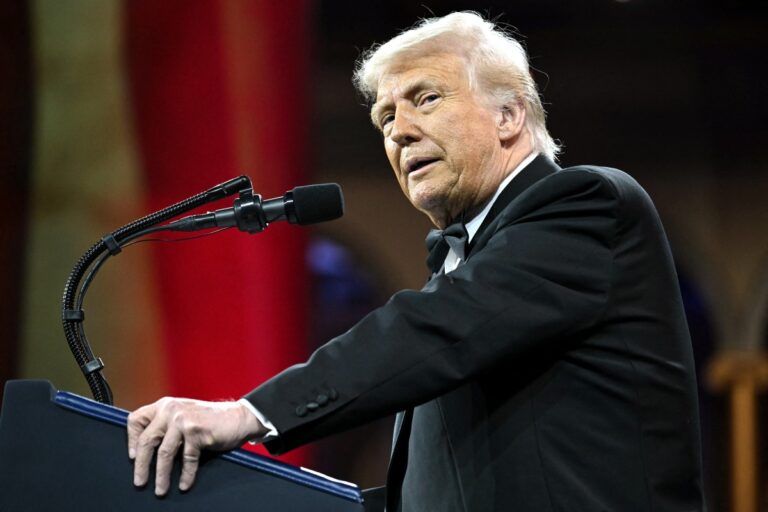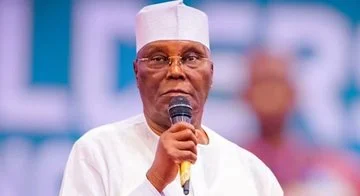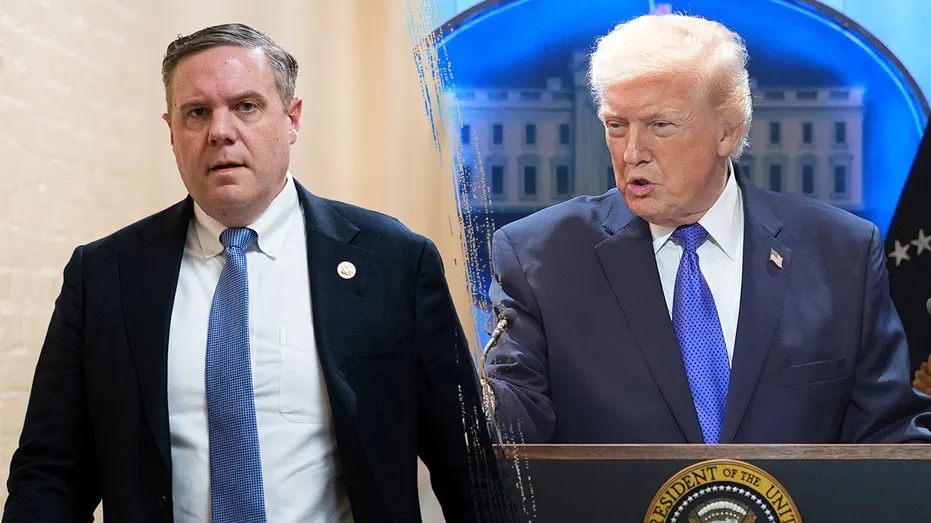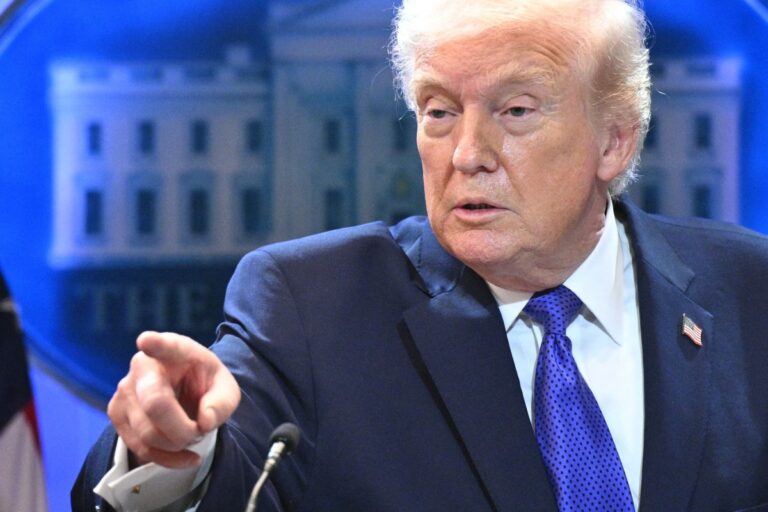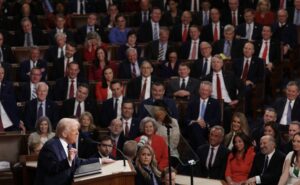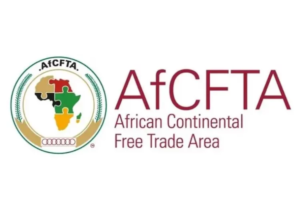U.S. President Donald Trump on Sunday reaffirmed his opposition to foreign ownership of U.S. Steel, doubling down on earlier comments that cast doubt on Japanese firm Nippon Steel’s proposed $15 billion acquisition of the iconic American steelmaker.
“I don’t think a foreign company should control U.S. Steel,” Trump told reporters aboard Air Force One as he returned to Washington from his Florida estate. His remarks echoed statements made last week, when he voiced concerns about the deal, saying he didn’t want to see the company “go to Japan.” Those comments triggered a 7% drop in U.S. Steel’s stock.
In response, both U.S. Steel and Nippon Steel issued statements saying they are working closely with the Trump administration to structure an agreement that aligns with national security and economic interests.
Japanese Prime Minister Shigeru Ishiba addressed the matter in Tokyo on Monday during a parliamentary session, revealing that he had discussed the proposed deal with Trump during a February meeting. Ishiba underscored the importance of differentiating between foreign acquisition and investment under U.S. law.
“There must be a balance where U.S. Steel remains an American company, while also allowing room for Japanese investment,” Ishiba said.
Nippon Steel’s acquisition bid, unveiled in December 2023, has faced sustained political opposition from both Trump and then-President Joe Biden, particularly during the 2024 election campaign. Both candidates courted voters in Pennsylvania, where U.S. Steel is headquartered, by opposing the deal.
In January 2025, President Biden formally blocked the transaction, citing national security concerns. The companies quickly filed a lawsuit, arguing that the decision was politically motivated and that they were denied a fair national security review due to Biden’s campaign statements.
With legal proceedings underway and the Trump administration signaling continued resistance, the fate of the Nippon Steel–U.S. Steel deal remains uncertain amid rising scrutiny over foreign investment in strategic American industries.

